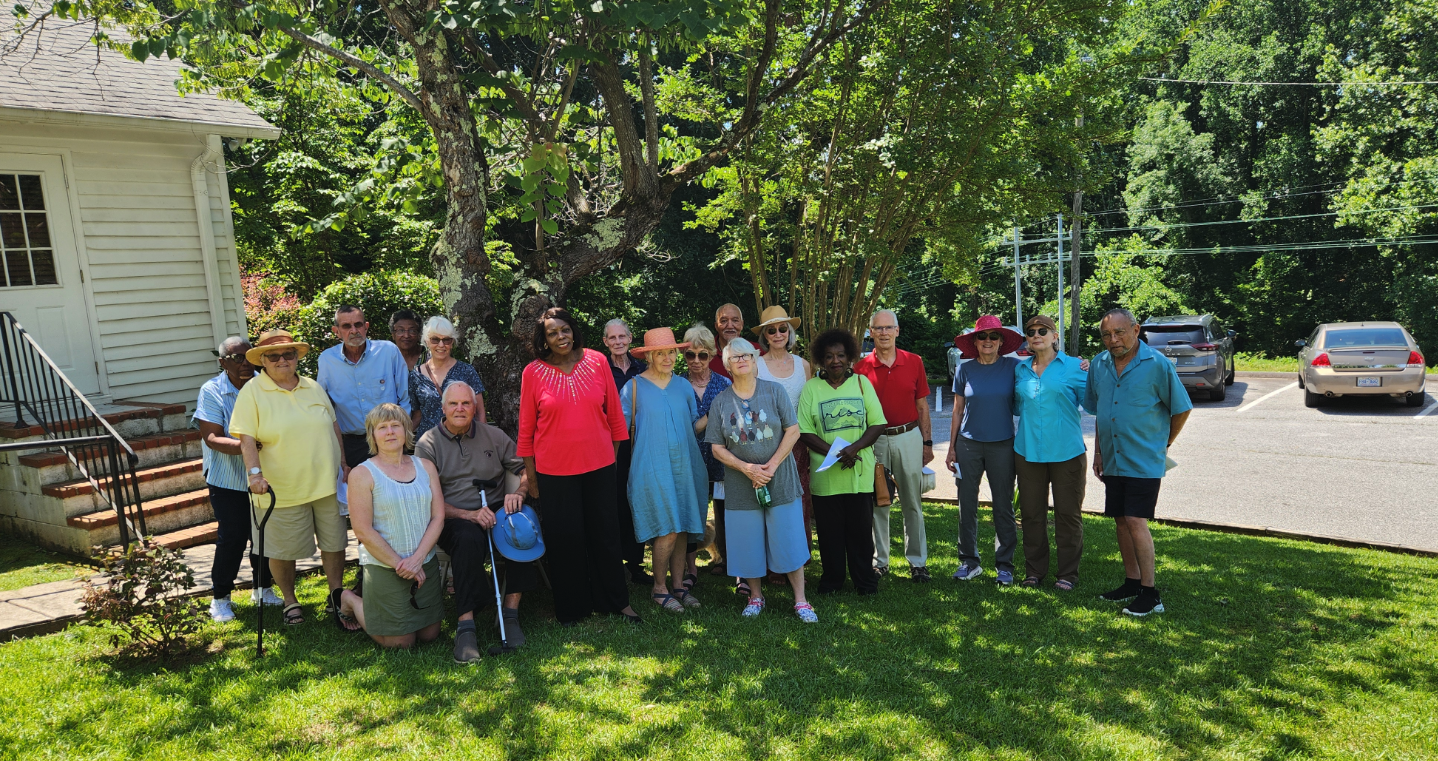Around the region: State shelves plans for I-26 connector project
Published 8:34 am Friday, April 8, 2011
I-26 widening to start in 2020
The N.C. Department of Transportation (DOT) has shelved plans to revamp the I-26/I-40/I-240 interchange in Asheville, according to a new Transportation Improvement Plan (TIP) that DOT said is a more realistic list of projects than plans of previous years.
Asheville officials have pushed for years to get the interchange work done and it was included in the previous TIP, but the state said it’s not as critical as other “urban loop” projects in the state. The Asheville interchange work, which would require new bridges across the French Broad River near downtown, has higher costs and lower benefits for traffic improvement than the other projects, said DOT.
The new TIP does include I-26 widening projects in Buncombe and Henderson counties. The widening, estimated to cost $153.2 million in Buncombe County and $113.2 million in Henderson County, is not scheduled to begin until 2020. The state plans to widen I-26 in Henderson County from U.S. 25 in East Flat Rock to N.C. 280 and in Buncombe County from Airport Road to I-40.
The draft 2012-20 TIP is viewable at www.ncdot.gov. DOT has been holding meetings across the state to gather input, and is expected to approve the plan in July.
***
Approximately 37,000 North Carolinians, including about 2,500 in Western North Carolina, are expected to lose extended unemployment benefits this month because the state’s unemployment rate is no longer 110 percent or more of three-month averages from 2010 or 2009. Some states have adjusted their formulas used to determine when extended unemployment benefits are paid, but North Carolina lawmakers have not made an adjustment.
The federal government notified the N.C. Employment Security Commission (ESC) last week said it will stop paying out extended benefits on April 16. The 20-week extended benefits program followed 26 weeks of initial benefits and 53 weeks of emergency federal benefits, giving people a total of 99 weeks of benefits.
About 234,000 North Carolinians have received benefits under the program, which has cost about $750 million, according to the ESC. Some state officials have said the lost benefits will have a harmful impact on the economy and many residents who are still struggling to find work. The ESC said it cannot continue the program if a revised formula is not enacted by the N.C. General Assembly.
***
The Cradle of Forestry in Pisgah National Forest will open on Saturday with an Old Time Plowing and Folkways program, which will include living history and traditional craft demonstrations and live fiddle music.
The Cradle of Forestry, which is the site of the first forestry school in the country, will be open from 9 a.m. – 5 p.m.
***
U.S. Airways announced plans to add 200 jobs at a reservation-center in Winston-Salem. The airline said it needs the additional workers to handle the number of reservation sales and service calls from the United States. The Winston-Salem center operates around the clock. U.S. Airways said it plans to hire some of the workers who lost jobs after American Express closed its call center earlier this year. The American Express closure was expected to cost the region about 1,500 jobs.
***
Clean Burn Fuels, the first ethanol plant in North Carolina, has filed for bankruptcy. The company, which plans to reorganize under a new operating plan later this year, reported in court documents that it had about $80 million in assets and $80 million in liabilities. Clean Burn Fuels said last month that it stopped production because ethanol prices have not kept pace with the surging price of corn. The company, based in Raeford, completed construction of its 60-million gallon ethanol plant last year.
***
The nation’s oldest solar energy conference, organized by the American Solar Energy Society, will come to Raleigh in May. The society announced recently that it selected Raleigh for its 40th annual conference, citing the rapid growth of solar energy in North Carolina. The event on May 23 at the Raleigh Convention Center will be the group’s first conference in North Carolina.
The conference is expected to draw about 5,000 people from across the country, including academics, manufacturers, government officials and utility representatives. The final day of the conference will be open to the public.
In 2007, North Carolina approved legislation requiring utilities to develop more renewable energy. The law requires utilities by 2021 to meet 12.5 percent of retail electricity demand through renewable energy and conservation programs.
Utilities are specifically required to generate 0.2 percent of retail energy sales through solar power by 2018. A bill is currently under consideration in the N.C. General Assembly to raise the requirement to 0.4 percent.
***
Darla Moore, a major benefactor for the University of South Carolina, has said she will contribute $5 million to create an aerospace research center at the university. Moore is making the contribution even though she was recently removed from the USC board of trustees by Gov. Nikki Haley. Moore said the center should be named after Ron McNair, a Lake City native who became an American astronaut after rising above the state’s segregated schools and graduating from MIT. McNair died in the space shuttle Challenger accident in 1986.
Moore, who has donated $70 million to USC since 1998, has challenged the state to match her latest contribution. She said an aerospace research center will be a significant benefit to the state’s economy, which has attracted a growing aerospace cluster.
***
The S.C. Department of Health and Environmental Control (DHEC) recently ordered a grocery store in Richland County to stop stocking raccoon meat. The state said it found bags of chilled raccoon meat in a cooler in the Gadsden store. DHEC said it found the meat on an initial inspection and ordered it to be thrown away. However, the store was still stocking the meat when DHEV visited a second time. The state, which does not certify raccoon meat as safe for humans, said it is considering action against the store.
***
The City of Asheville has agreed to wait to cut down two Bradford Pear trees downtown after Clare Hanrahan chained herself to the trees that were slated for removal. The local activist chained herself to one of the trees near the corner of Haywood Street and Battery Park Avenue after seeing four other nearby Bradford Pears removed. The city’s arborist Mark Foster had said the trees were not “urban-tolerant” and could suffer broken limbs in snowstorms.
After Hanrahan blocked removal of the remaining two trees, the city agreed to delay their removal until at least after the trees are done blooming. The city also plans to cut down a sycamore tree on Battery Park Avenue and several trees along Patton Avenue. The trees will be replaced with other varieties, such as Cleveland pear trees, red maple, American holly and fruitless sweet gum.





